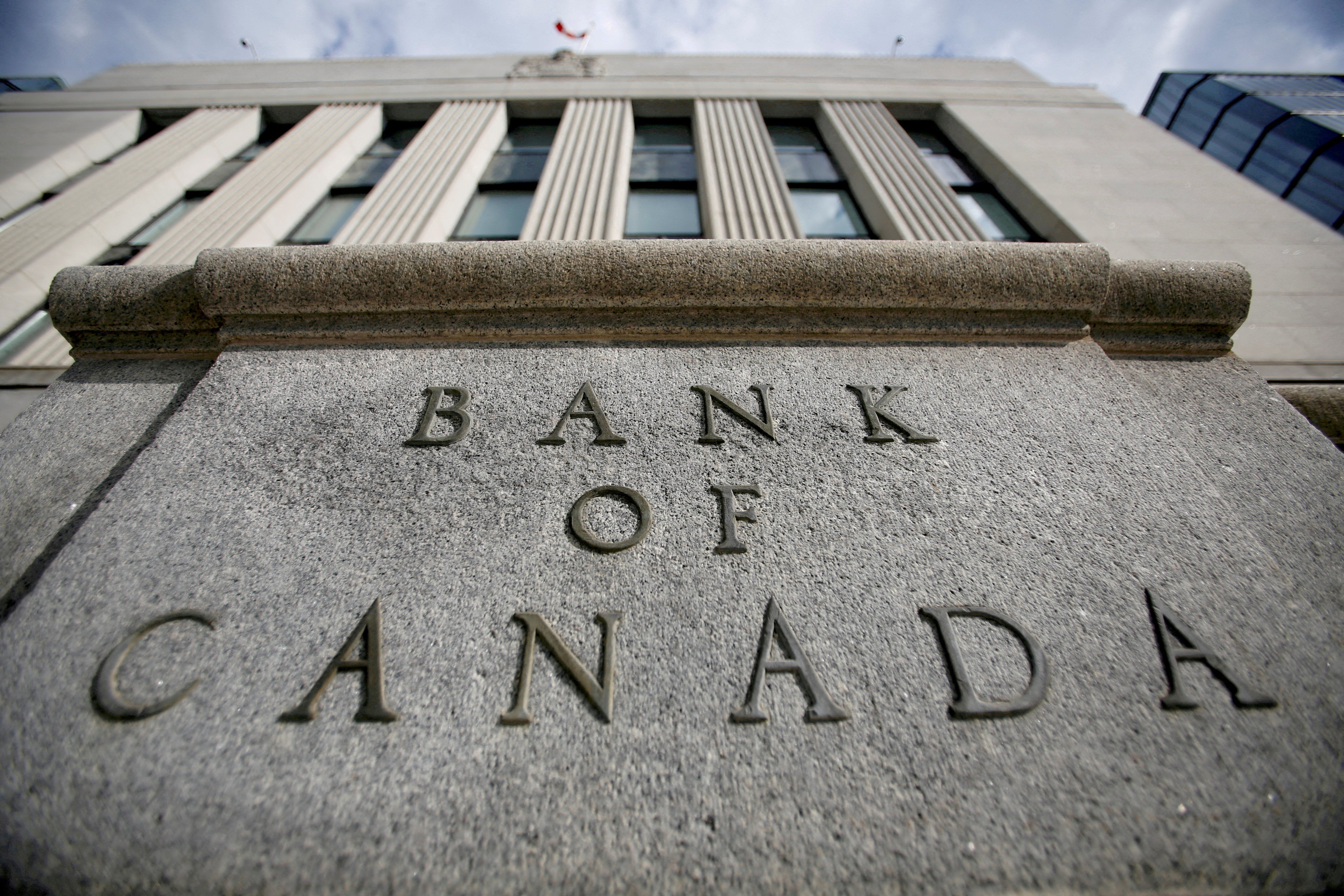Inflation in Canada rose to 3.3% in July after a two-year-plus low of 2.8% in June, driven largely by mortgages and a slow decline in gas prices. Despite the slight uptick, some say indicators in the underlying measures of core inflation – which excludes volatile food and energy prices – and a softer job market may give the Bank of Canada a reason to hold interest rates at 5%. But that core inflation is higher than economists would like, says Graeme Thompson, a Global Macro senior analyst at Eurasia Group, and the CPI is adding pressure on the Bank to raise rates when it meets in early September.
“That gives a good sense of how the Bank is stuck between a rock and a hard place in trying to normalize interest rates to cool inflation without overdoing it and really tanking growth,” Thompson says.
Canada’s inflation rate is on par with the US rate, which was 3.2% in July – a rise of 0.2% but still far below where it was a year ago. Fuel oil rose 3% and utility gas service was up 2%, alongside shelter at 0.4% – and 7.7% year over year. The Federal Reserve raised interest rates to a range of 5.25 to 5.5% in July, a 22-year high, and it’s set to meet again in September amid speculation of another rate hike.
But Rob Kahn, managing director of Eurasia Group’s Global Macro-Geoeconomics practice, isn’t taking the bait. It’s a “no for September,” he says, noting that the Fed has signaled a willingness to pause – for now. But come November, Kahn expects to see rate hike of 25 basis points followed by a long gap. They will then “hold rates until well into 2024,” he says, “when they are sure inflation is returning toward 2%.”
